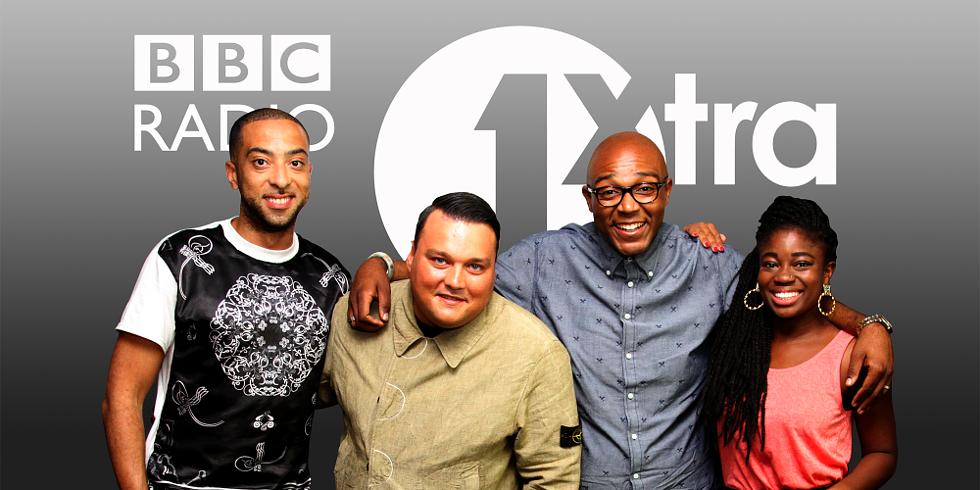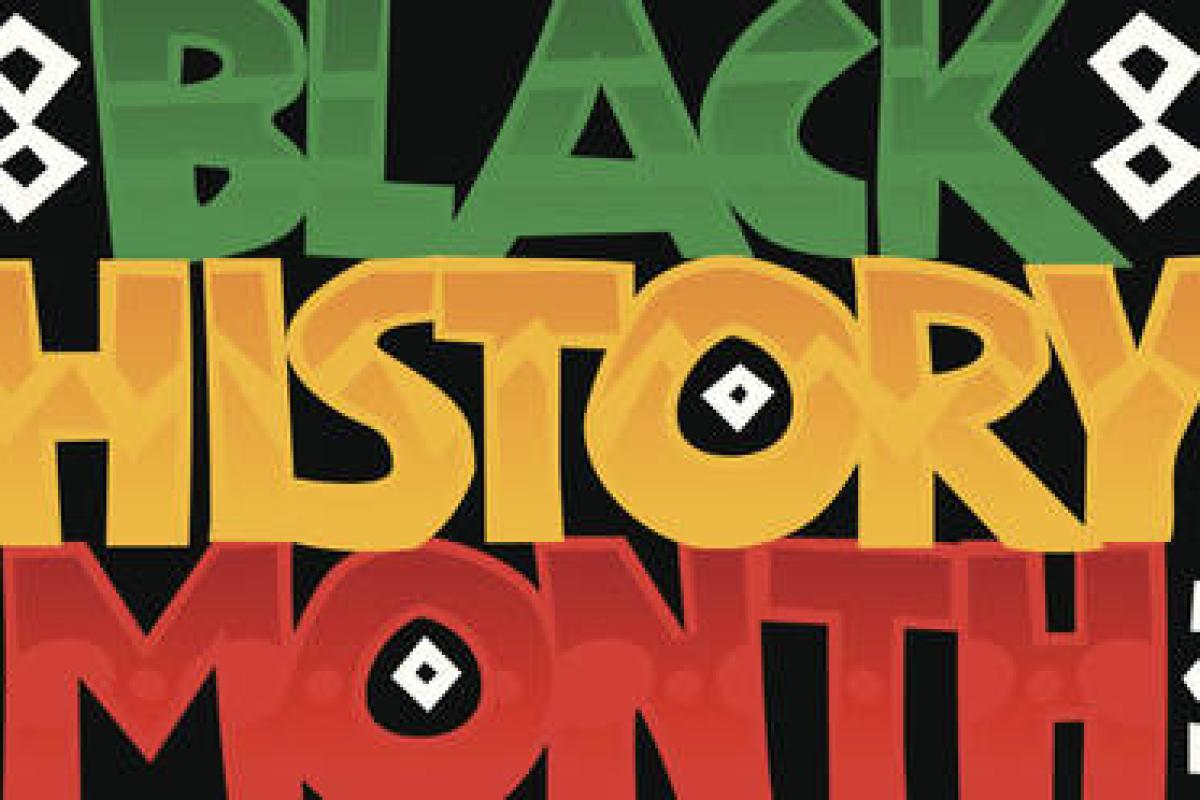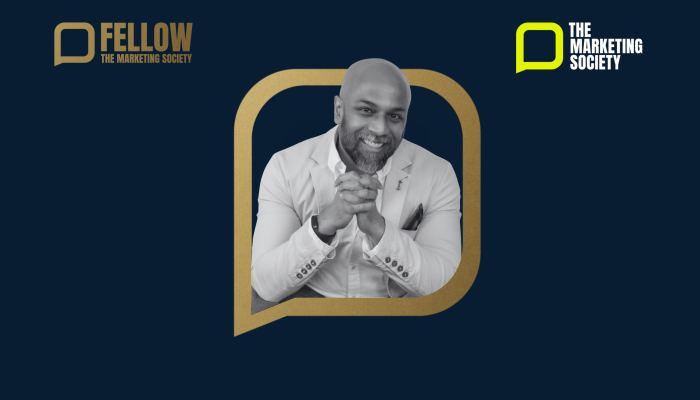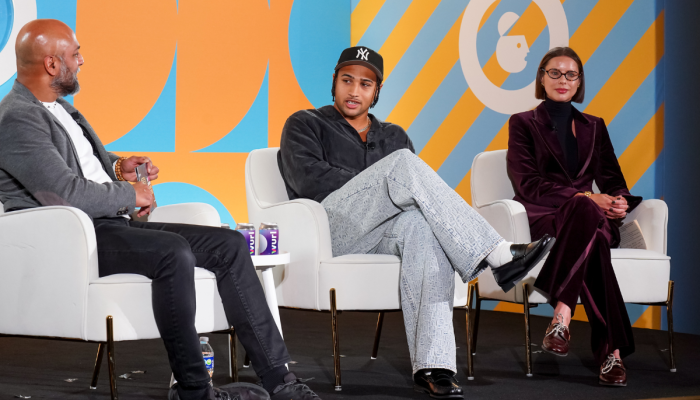The title of this article is a reference to the brilliant blog post and book by Reni Eddo-Lodge ‘Why I’m no longer talking to white people about race’. If you’ve not read it, then stop reading this and read it first. Her writing is a beautifully accessible repost to the many deniers that we still have a problem with racial exclusion in the UK. Don’t take my word for it, take Renni’s – we do.

We do not yet live in an equal society, and we do not yet represent society equally.
The advertising industry is 88% white according to IPA census data. Obviously this is the thing to change in order to change advertising’s output. But in the interim, we need to open up more conversations about race. Everyone knows it’s tactless to ask the black guy in the office if an advert containing a hip-hop stereotype is offensive. But once we’ve shut this kind of behavior down, we are left with an arguably far greater risk: for fear of getting it wrong, too many white people will never try to talk about race in the first place.
The agency model of retained talent makes us slower to change than other media businesses. We are literally more structured, so structural exclusion will prevail for longer. Netflix’s access to a more fluid talent pool of idea generators helps. But their ability to create diverse work runs stems from their mission statement to ‘connect people with stories. Lots of people, and lots of stories.’
And they implement this by encouraging personal responsibility and openness in their company policy in these five principles.
- Encourage independent decision-making by employees
- Share information openly, broadly, and deliberately
- Are extraordinarily candid with each other
- Keep only our highly effective people
- Avoid rules
What is clear from these principles is that Netflix has worked hard to make difficult conversations feel permissible.
Because discomfort is productive when we confront it directly. In the case of talking about race, we are afraid of our own ignorance, afraid of being exposed and afraid of the history that we, as white people have to accept ownership of.
Last week the 3% Conference came to New York, with the important title 'Beyond Gender'. To my mind, it was the best one yet because instead of being an affirming echo chamber, there was conflict, and there was tension. But I left feeling that I had learned a lot more than I had in previous years.
We can't afford for these conversations to be had in silos. These debates will not be won if we see them as men versus women, white versus black... or even privilege versus disadvantaged. The fight is between people who care and are willing to work hard to do something about injustice versus people who don't.
By Elle Graham-Dixon, strategy director at BBH. Follow her @elle_sis



